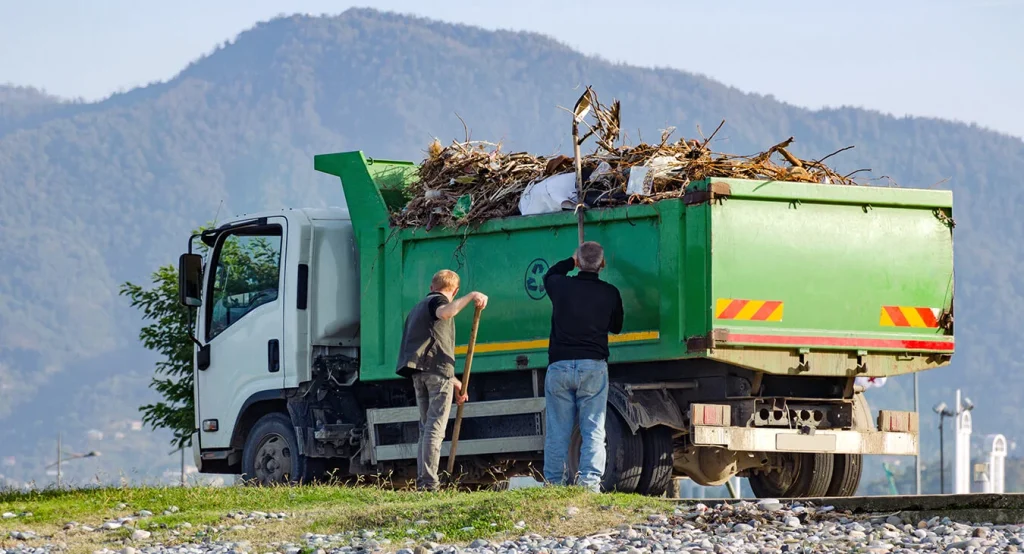Introduction
In today’s consumer-driven society, it’s easy to accumulate unwanted items that clutter our homes and spaces. Instead of tossing them in the trash, consider the positive impact of recycling and donating these items. Recycling and donating not only help declutter our surroundings but also contribute to building a more sustainable and socially responsible world. This article explores the benefits of recycling and donating unwanted items, highlighting the environmental, social, and personal advantages of these practices.
Environmental Benefits
a. Reducing Landfill Waste: By recycling and donating unwanted items, we divert them from ending up in overflowing landfills. This reduces the strain on our waste management systems and helps preserve natural resources.
b. Conserving Resources: Recycling materials such as paper, plastic, glass, and metal saves energy and resources that would otherwise be used in the production of new products. By choosing to recycle, we contribute to the conservation of water, trees, fossil fuels, and other valuable resources.
c. Minimizing Pollution: Recycling reduces the need for extracting raw materials, which often involves environmentally harmful processes. It also helps reduce air and water pollution associated with resource extraction and manufacturing.
d. Energy Savings: Recycling certain materials requires less energy compared to producing new ones from scratch. For example, recycling aluminum saves up to 95% of the energy needed to produce aluminum from raw materials, leading to significant energy savings and a reduced carbon footprint.
e. Combatting Climate Change: Recycling and donating unwanted items play a role in mitigating climate change. By reducing the demand for new products, recycling helps lower greenhouse gas emissions associated with resource extraction, manufacturing, and transportation.
Social Benefits
a. Supporting Charitable Organizations: Donating unwanted items to charities and nonprofit organizations allows them to generate revenue through sales or use the items to assist those in need. These organizations often support causes like homelessness, poverty alleviation, education, healthcare, and disaster relief. By donating, we contribute to these noble causes and support our communities.
b. Empowering Others: Donated items, such as clothing, furniture, and electronics, can improve the lives of individuals and families who may not have the means to afford them otherwise. Donations enable access to essential resources, promote dignity, and create opportunities for personal and professional development.
c. Strengthening Communities: Recycling and donation programs foster a sense of community engagement and collaboration. They bring people together, encouraging participation in environmental and social initiatives. By actively engaging in recycling and donating, we contribute to building stronger and more resilient communities.
d. Promoting Circular Economy: Recycling and donating unwanted items align with the principles of the circular economy. Instead of the linear “take-make-dispose” model, a circular economy aims to keep resources in use for as long as possible through recycling, refurbishing, and reusing. By participating in recycling and donation practices, we support the transition toward a more sustainable economic model.
Personal Benefits
a. Decluttering and Organizing: Recycling and donating unwanted items help us declutter our living spaces and promote a more organized environment. Removing excess possessions can reduce stress, enhance productivity, and create a sense of calm and well-being.
b. Financial Savings: Instead of buying new items, recycling and donating provide opportunities to find secondhand treasures. Thrift stores, consignment shops, and online marketplaces offer a wide range of affordable options. By embracing reuse, we can save money while still meeting our needs and enjoying unique finds.
c. Education and Awareness: Engaging in recycling and donation practices increases our knowledge about environmental and social issues. It encourages us to become




